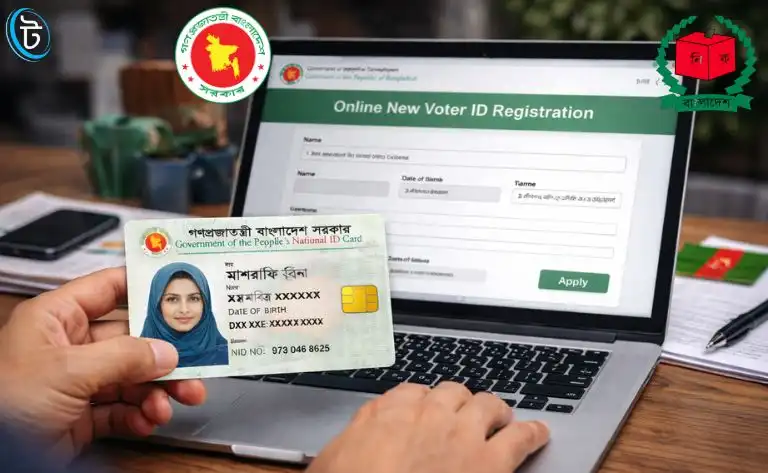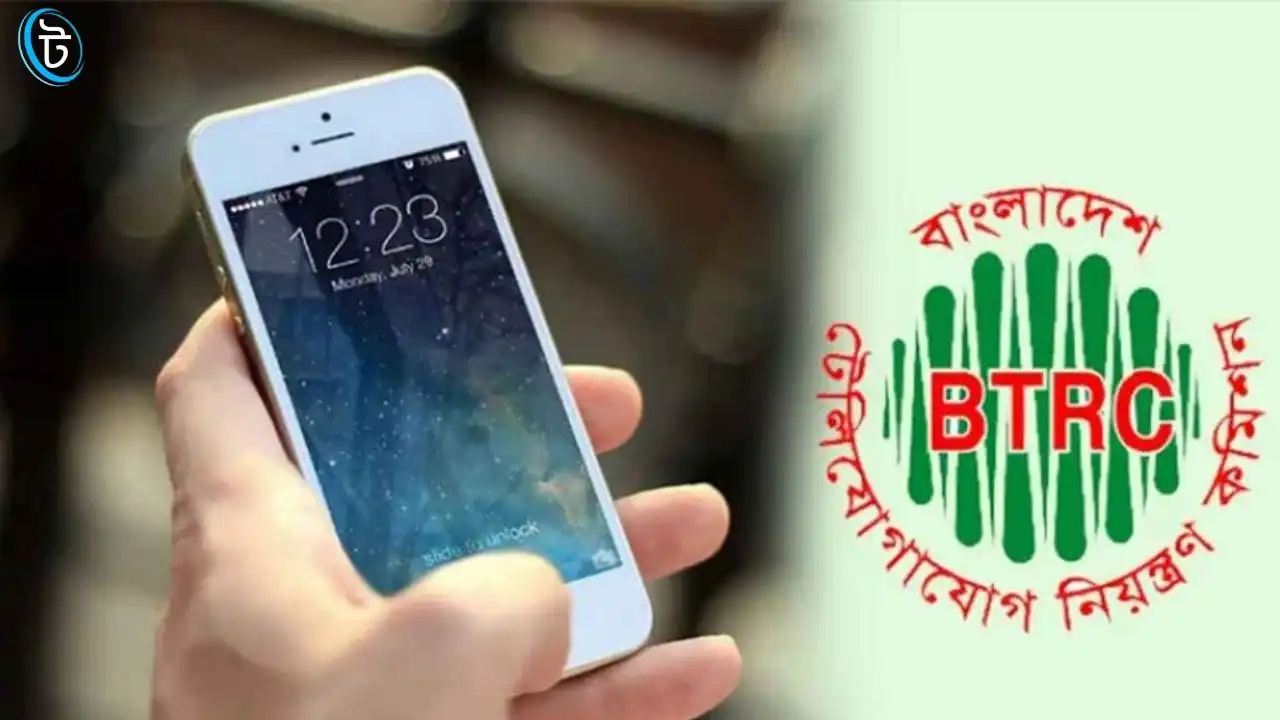In today’s digital era, access to health information is more abundant than ever. From online articles to mobile apps, individuals are inundated with data about health and wellness. However, the challenge lies in discerning accurate information from misinformation. This comprehensive guide aims to equip you with the knowledge to navigate health information effectively, ensuring informed decisions about your well-being.
Understanding Health Information
Health information encompasses data related to an individual’s physical and mental health. This includes medical histories, test results, treatment plans, and lifestyle choices. Proper understanding of this information is crucial for:
-
Making informed health decisions
-
Managing chronic conditions
-
Preventing diseases
-
Communicating effectively with healthcare providers
Sources of Health Information
1. Healthcare Providers
Doctors, nurses, and other medical professionals are primary sources of accurate health information. They offer personalized advice based on clinical expertise and patient history.
2. Medical Literature and Journals
Peer-reviewed journals provide in-depth research findings. Platforms like offer access to a vast repository of medical studies.
3. Government and Health Organizations
Institutions such as the World Health Organization (WHO) and the Centers for Disease Control and Prevention (CDC) provide up-to-date health guidelines and statistics.
4. Health Websites and Portals
Websites like Healthline and offer articles on various health topics. It’s essential to ensure these platforms adhere to quality standards like the Health On the Net (HON) Code.
5. Mobile Health Applications
Apps can track fitness, diet, and medical records. However, the quality varies, and users should verify the credibility of the app developers and the data sources they use.
Evaluating the Credibility of Health Information
Given the plethora of information available, assessing credibility is vital. Consider the following criteria:
1. Authorship and Qualifications
Information should be authored or reviewed by qualified health professionals. Credentials and affiliations should be transparent.
2. Citations and References
Reliable articles cite reputable sources, including scientific studies and official guidelines.
3. Date of Publication
Medical knowledge evolves rapidly. Ensure the information is current and reflects the latest research.
4. Purpose and Objectivity
Beware of content aiming to sell products or services. Objective information focuses on educating rather than promoting.
5. Website Accreditation
Look for certifications like the HON Code, which indicates adherence to ethical standards in health information dissemination.
The Role of Health Literacy
Health literacy is the ability to understand and use health information to make informed decisions. According to the limited health literacy can lead to:
-
Poor health outcomes
-
Increased hospitalizations
-
Lower utilization of preventive services
Enhancing health literacy involves:
-
Simplifying medical jargon
-
Using visual aids
-
Encouraging questions during medical consultations
Digital Health Tools and Applications
Digital tools have revolutionized healthcare delivery and information access.
1. Electronic Health Records (EHRs)
EHRs allow for the digital storage and sharing of patient information among healthcare providers, improving coordination and care quality.
2. Telemedicine
Virtual consultations have increased accessibility, especially in remote areas. Patients can receive medical advice without physical visits.
3. Wearable Devices
Gadgets like fitness trackers monitor vital signs, activity levels, and sleep patterns, promoting proactive health management.
4. Health Apps
Applications offer features like medication reminders, symptom checkers, and mental health support. Users should ensure these apps comply with data privacy standards.
Privacy and Security of Health Information
Protecting personal health information is paramount. In the U.S., the Health Insurance Portability and Accountability Act (HIPAA) sets standards for safeguarding medical data. Key aspects include:
-
Confidentiality: Ensuring only authorized individuals access health information.
-
Integrity: Maintaining the accuracy and completeness of data.
-
Availability: Ensuring information is accessible when needed.
Patients should:
-
Use secure platforms for communication
-
Regularly update passwords
-
Be cautious when sharing information on social media
The Impact of Misinformation
Misinformation can have severe consequences on public health. For instance, during the COVID-19 pandemic, false claims about treatments led to harmful self-medication practices. Factors contributing to misinformation include:
-
Social Media: Rapid sharing without verification
-
Lack of Regulation: Unverified sources publishing health content
-
Confirmation Bias: Seeking information that aligns with personal beliefs
Combating misinformation involves:
-
Promoting digital literacy
-
Encouraging critical evaluation of sources
-
Supporting fact-checking initiatives
Best Practices for Accessing Reliable Health Information
To ensure the information you access is trustworthy:
-
Consult Healthcare Professionals: They provide personalized and accurate advice.
-
Use Reputable Websites: Stick to platforms affiliated with recognized health organizations.
-
Check for HON Code Certification: This indicates adherence to ethical standards.
-
Verify Information: Cross-reference with multiple credible sources.
-
Be Skeptical of Quick Fixes: Be wary of miracle cures or treatments lacking scientific backing.
Conclusion
Navigating the vast landscape of health information requires vigilance and critical thinking. By consulting credible sources, enhancing health literacy, and being cautious of misinformation, individuals can make informed decisions about their health. Remember, when in doubt, always consult a qualified healthcare professional.
Frequently Asked Questions
1. What is the HON Code, and why is it important?
The Health On the Net (HON) Code is a certification that indicates a website adheres to ethical standards in presenting health information. It ensures content is reliable, transparent, and trustworthy.
2. How can I improve my health literacy?
Improving health literacy involves:
-
Asking questions during medical appointments
-
Seeking clarification on medical terms
-
Utilizing educational resources from reputable health organizations
3. Are all health apps reliable?
Not all health apps are created equal. It’s essential to:
-
Check the developer’s credentials
-
Read user reviews
-
Ensure the app complies with data privacy regulations
4. How can I identify misinformation online?
Look for:
-
Lack of credible sources or citations
-
Sensational headlines
-
Claims that seem too good to be true
-
Absence of author credentials
5. Why is it important to consult healthcare professionals despite having access to online information?
While online resources can provide general information, healthcare professionals offer personalized advice based on individual health histories and current medical standards.









